
10 Cancer Warning Signs Women Often Overlook
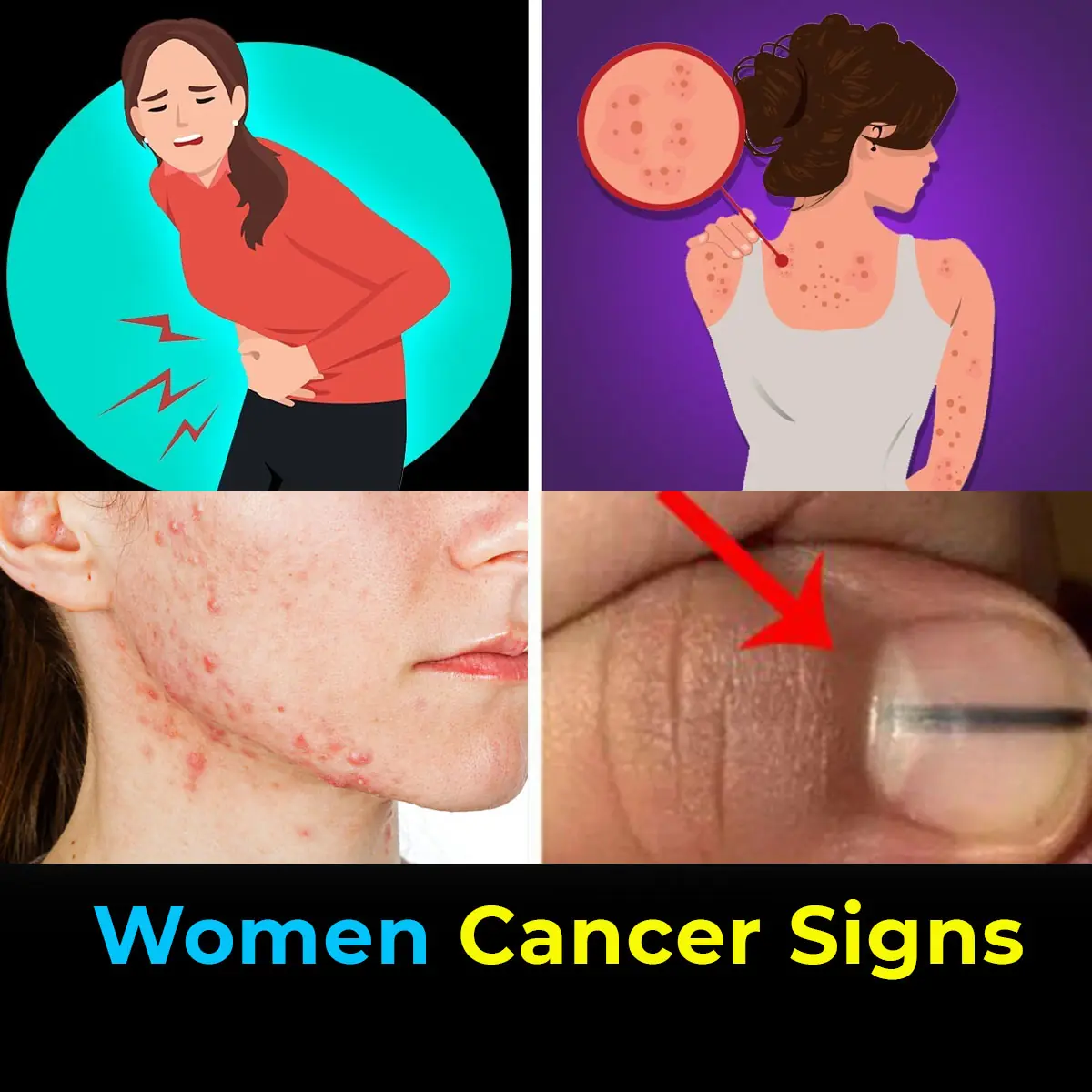
The cancer rate among women under 50 is rising, according to the American Cancer Society. Fortunately, cancer-related deaths are decreasing, largely due to earlier detection. However, many women, especially those who feel young and healthy, overlook symptoms of the disease. Cancer can affect anyone, regardless of age, so it's crucial to be aware of warning signs. Women are more likely to develop breast, endometrial, cervical, lung, colorectal, and skin cancers than men, so it’s important to pay attention to any unusual symptoms associated with these conditions.
1. Abnormal Vaginal Bleeding
Over 90% of people with endometrial cancer experience bleeding that isn’t related to their menstrual cycle. For women with irregular periods, distinguishing this can be difficult. Tracking menstrual cycles is important not only for overall health but also for cancer screenings, including for cervical or vaginal cancer. Seek medical advice if you experience heavy bleeding, bleeding between periods, bleeding during intercourse, or abnormal discharge. Postmenopausal women should not experience any vaginal bleeding, and if it occurs, they should consult a healthcare provider immediately.
2. Constant Fatigue
While fatigue is normal after a busy week or during burnout, constant exhaustion that doesn’t improve with rest may signal something more serious. If fatigue interferes with daily life, work, or hobbies and doesn’t seem to go away despite adequate rest, it’s time to consult a doctor. Don’t dismiss it as just part of a busy lifestyle.
3. Changes in the Breasts or Nipples
Breast cancer is the most common cancer among women, and many symptoms are discovered by accident. You may notice lumps in the breast or armpit during bathing, shaving, or even when itching. Watch for additional symptoms such as swelling, nipple discharge, dimpling skin, pain, redness, or skin thickening. Also, any changes like inward-pointing nipples should be evaluated by a doctor.
4. Frequent Urination
While many women associate frequent urination with pregnancy, it can also be a sign of a tumor pressing on the bladder. If you aren’t pregnant and haven’t increased your liquid intake, consult a medical professional. Increased urination can also be a symptom of diabetes, which requires immediate attention. Other symptoms may resemble urinary tract infections (UTIs), such as pain during urination or difficulty fully emptying the bladder.
5. Changes in Bowel Habits
Women tend to experience bowel disorders more often than men, but changes in bowel habits shouldn’t be dismissed as routine. Those with a history of hemorrhoids, IBS, or IBD should still be cautious if they notice persistent changes in bowel patterns. This includes constipation, diarrhea, abdominal pain, fatigue, unexplained weight loss, or blood in stool. If these symptoms last for an extended period, they could signal cancer.
6. Abdominal, Pelvic, or Back Pain
Pain in the abdomen, back, or pelvic area might be familiar to women with conditions like endometriosis or severe menstrual cramps. However, ongoing pain in these areas could also point to ovarian, colorectal, or endometrial cancer. This pain is often accompanied by digestive symptoms such as gas, bloating, or unexplained weight loss.
7. Night Sweats
Night sweats can be common during menopause or pregnancy but should be taken seriously if they occur without a clear cause. If you're sweating through your clothes and bed sheets several nights a week, it may be a sign of lymphoma or leukemia. Speak to your doctor to rule out these conditions.
8. Changes in Appetite
Changes in appetite can vary depending on the type of cancer. Some people experience loss of appetite, while others feel full all the time. This could be a sign of ovarian cancer or cancers in the abdominal area. Additionally, tumors can make swallowing difficult, lead to mouth sores, or alter the way food smells or tastes. In some cases, cancers release hormones that suppress the feeling of hunger.
9. Unexplained Weight Loss
While healthy, intentional weight loss can reduce cancer risk, sudden and unexplained weight loss may indicate an underlying issue. Even if someone maintains the same diet and exercise routine, cancer can alter metabolism or require extra energy to sustain itself, leading to weight loss. This symptom deserves medical evaluation.
10. Skin Changes
Skin cancer can appear anywhere on the body, including on the scalp, fingernails, and between your toes. While most skin changes aren’t cause for alarm, certain abnormalities should be evaluated. According to Cancer Research UK, any sore that doesn’t heal after four weeks, itches, bleeds, hurts, crusts, or scabs should be examined. Changes in moles or freckles—such as color, shape, or size—are also important signs to watch for.
Cancer Symptoms or Something Else?
Remember that most cancer symptoms are vague and can be attributed to other health conditions. If you identify with any of the symptoms mentioned, don't jump to conclusions. Instead, speak with a healthcare professional about the duration and severity of your symptoms. Doctors can help determine the cause of your symptoms, whether it’s cancer or something else. If you feel your concerns aren’t being taken seriously, seek a second opinion from another healthcare provider.
News in the same category

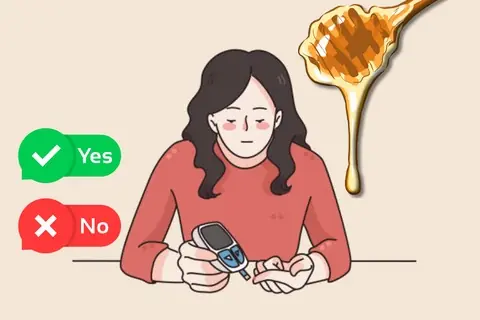
10 Early Warning Signs Your Blood Sugar Is Way Too High

If Your Legs Cramp at Night You Need to Know This Immediately

Warning Signs Your Body Is Full of Parasites and How to Effectively Eliminate Them Naturally

Warning Signs of a Parasite Infection And How to Eliminate It for Good

What Raw Garlic Can Do for Your Health Is Truly Unbelievable

5 Common Deficiencies That Can Mess With Your Mood, Energy, and Health
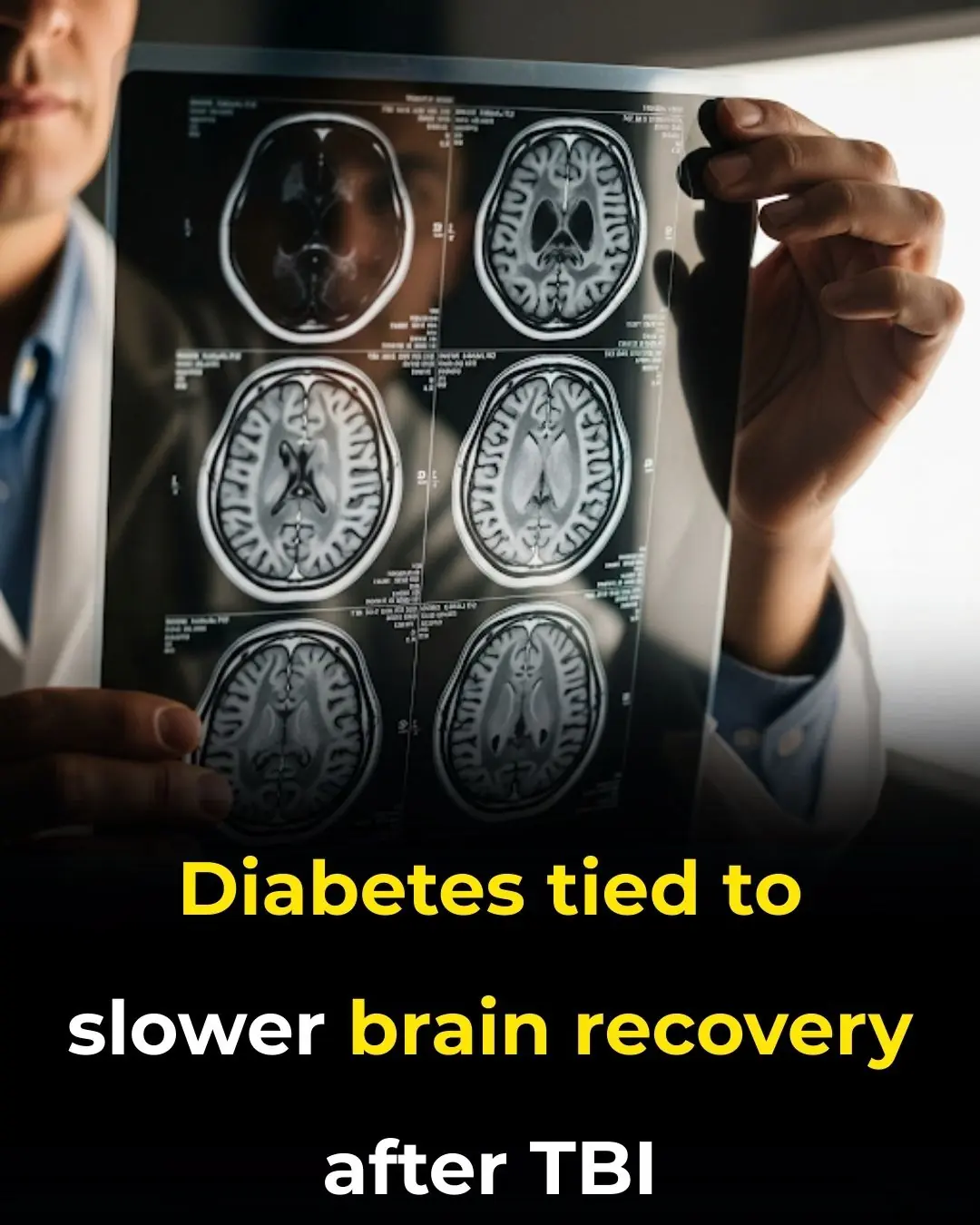
Diabetes Tied to Slower Brain Recovery After TBI

Neuropathic Pruritus Has High Comorbidity Burden, Varied Treatment Responses

Unlock Your Body's Healing Potential: The Power of Reflexology for Pain Relief and Wellness

Medicinal Health Benefits of Turmeric, Curcumin and Turmeric Tea Based on Science

How to Use Tea Bags to Fight Acne, Cold Sores, Warts, Puffy Eyes, Bruises and More

Healing Power And Important Safety Tips Of Castor Leaves
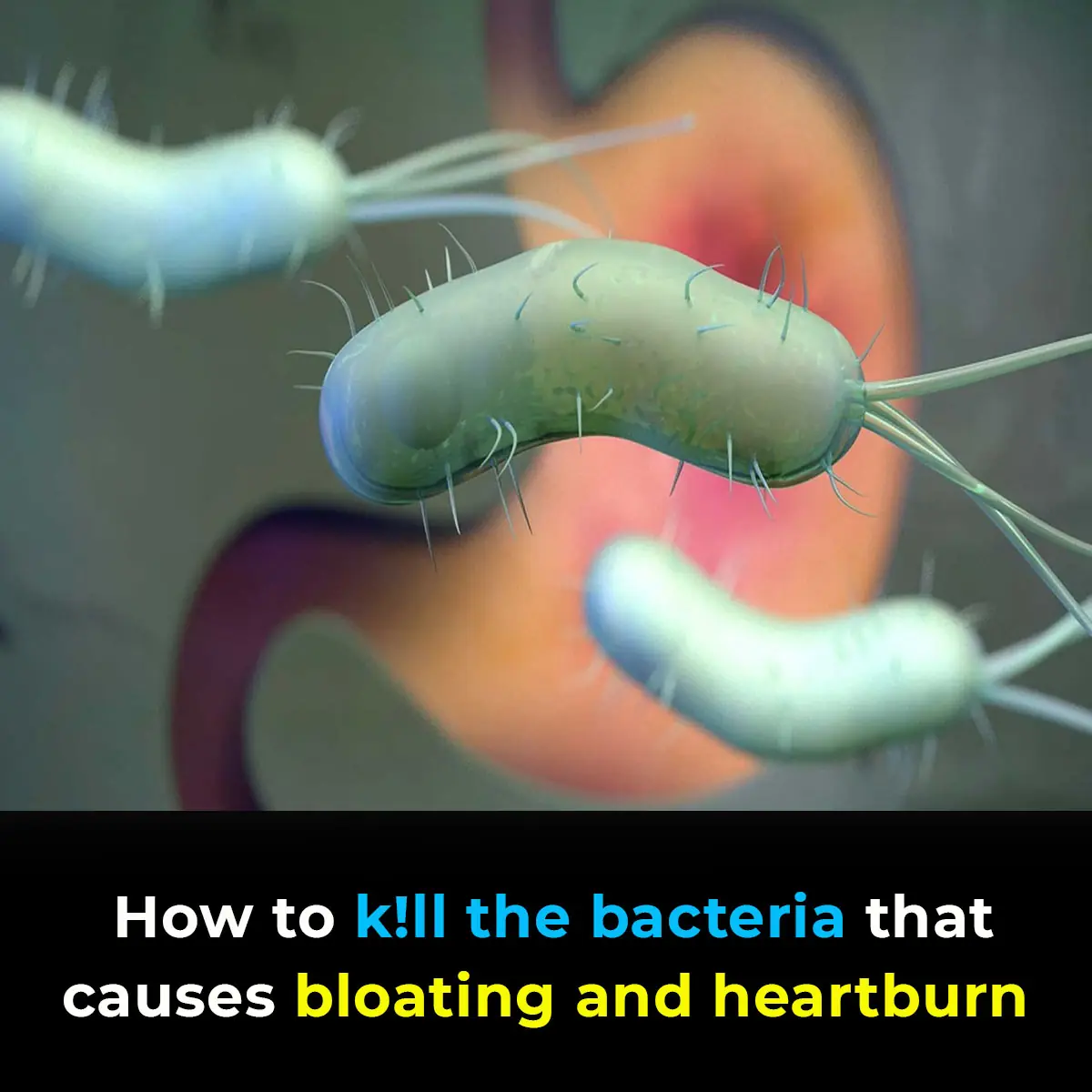
How to Treat H. Pylori (Helicobacter Pylori) Naturally Without Antibiotics
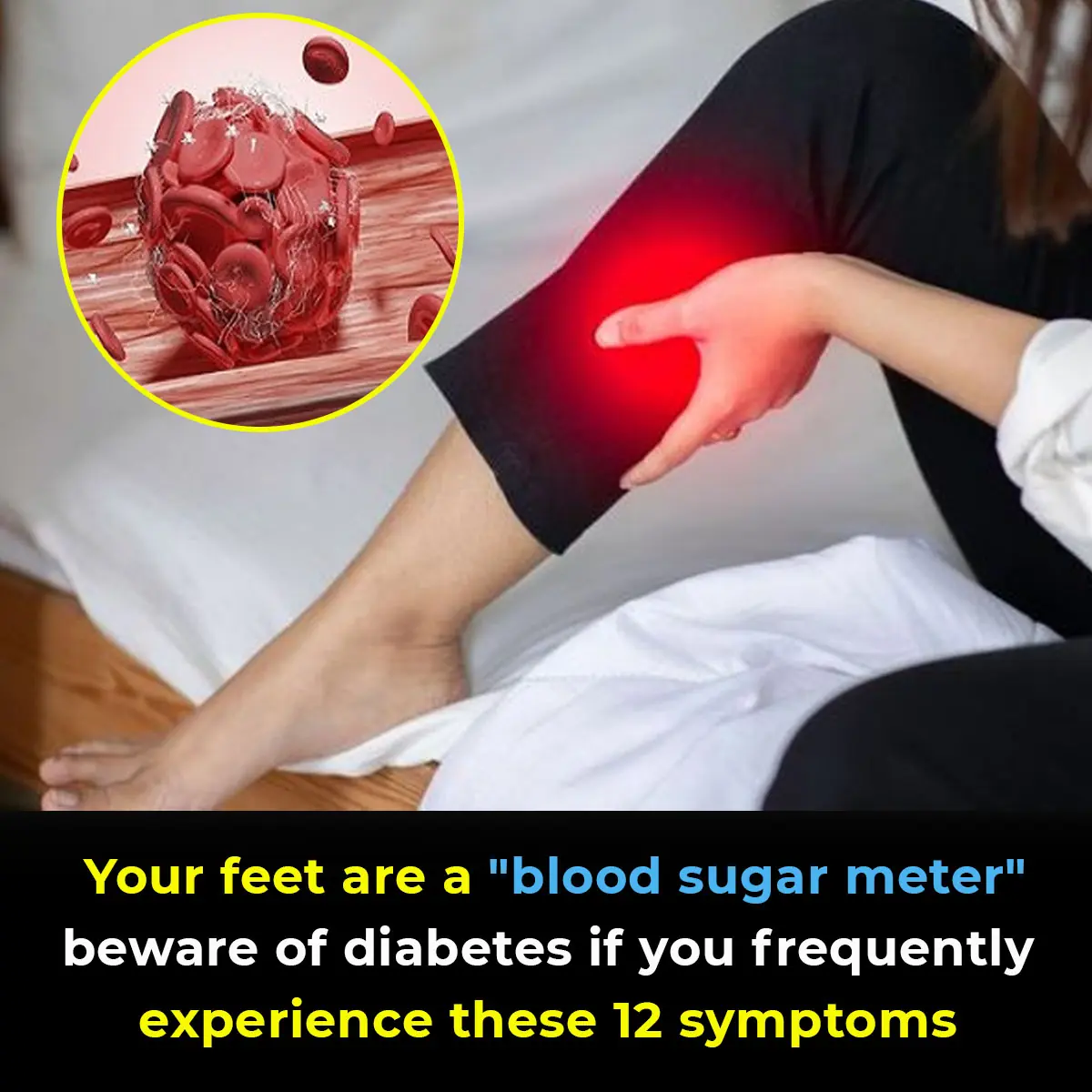
12 Warning Signs Your Blood Sugar Might Be Too Low

Be Careful If You’re Farting More Than 25 Times a Day—It Might Be a Sign Your Body is Trying to Warn You

10 Warning Signs Sugar Is Slowly Wrecking Your Body

Breakthrough Male Contraceptive Injection Offers Alternative to Condoms and Vasectomy
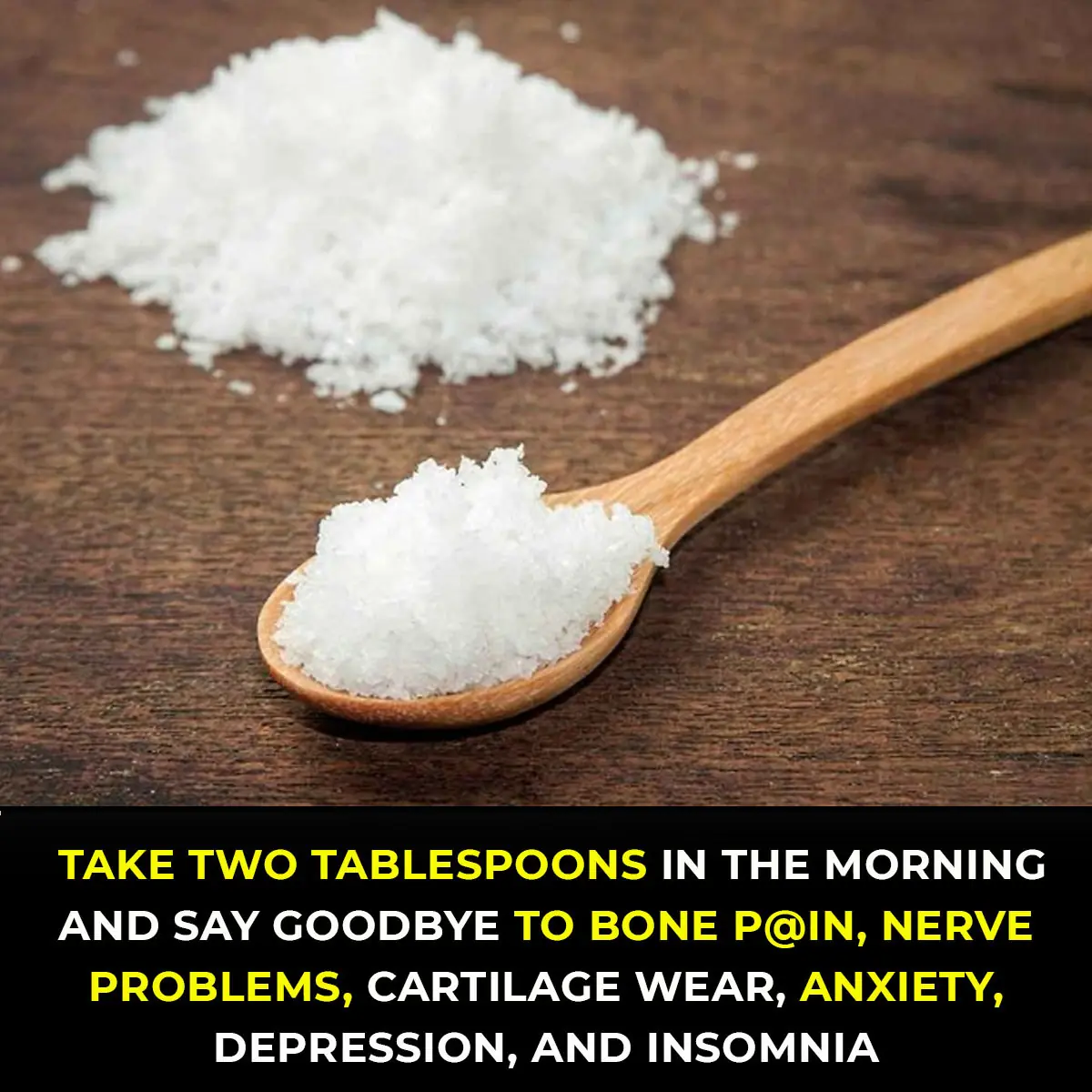
This One Superfood Could Tackle Major Health Issues—Here’s What You Need To Know
News Post

You Can Adopt Puppies That Were ‘Too Friendly’ to Become Police Dogs

A Nigerian Scientist Developed a High-Tech Cancer-Detecting Goggles That Help Surgeons Spot Cancer Cells More Accurately.

Final straw that led to billionaire CEO's desperate escape from Japan inside 3ft box

Mutant deer with horrifying tumor-like bubbles showing signs of widespread disease spotted in US states

'Frankenstein' creature that hasn't had s3x in 80,000,000 years in almost completely indestructible

Scientists discover ultra-massive 'blob' in space with a mass of 36,000,000,000 suns

When a Washing Machine Shows 7kg, 8kg, or 10kg, Is That the Weight of Dry or Wet Clothes? The Real Meaning Behind These Numbers Is Something That Few People Know

Place a Bowl of Salt in the Fridge: A Small Trick, But So Effective — I Regret Not Knowing It for 30 Years

If Your White Walls Are Dirty, Don’t Clean Them with Water — Use This Trick for a Few Minutes, and Your Wall Will Be as Clean as New

Bubble Wrap Has 4 Uses 'As Valuable as Gold' — But Many People Don’t Know and Hastily Throw It Away

3 Ways to Prevent Snakes from Entering Your House: Protect Your Family
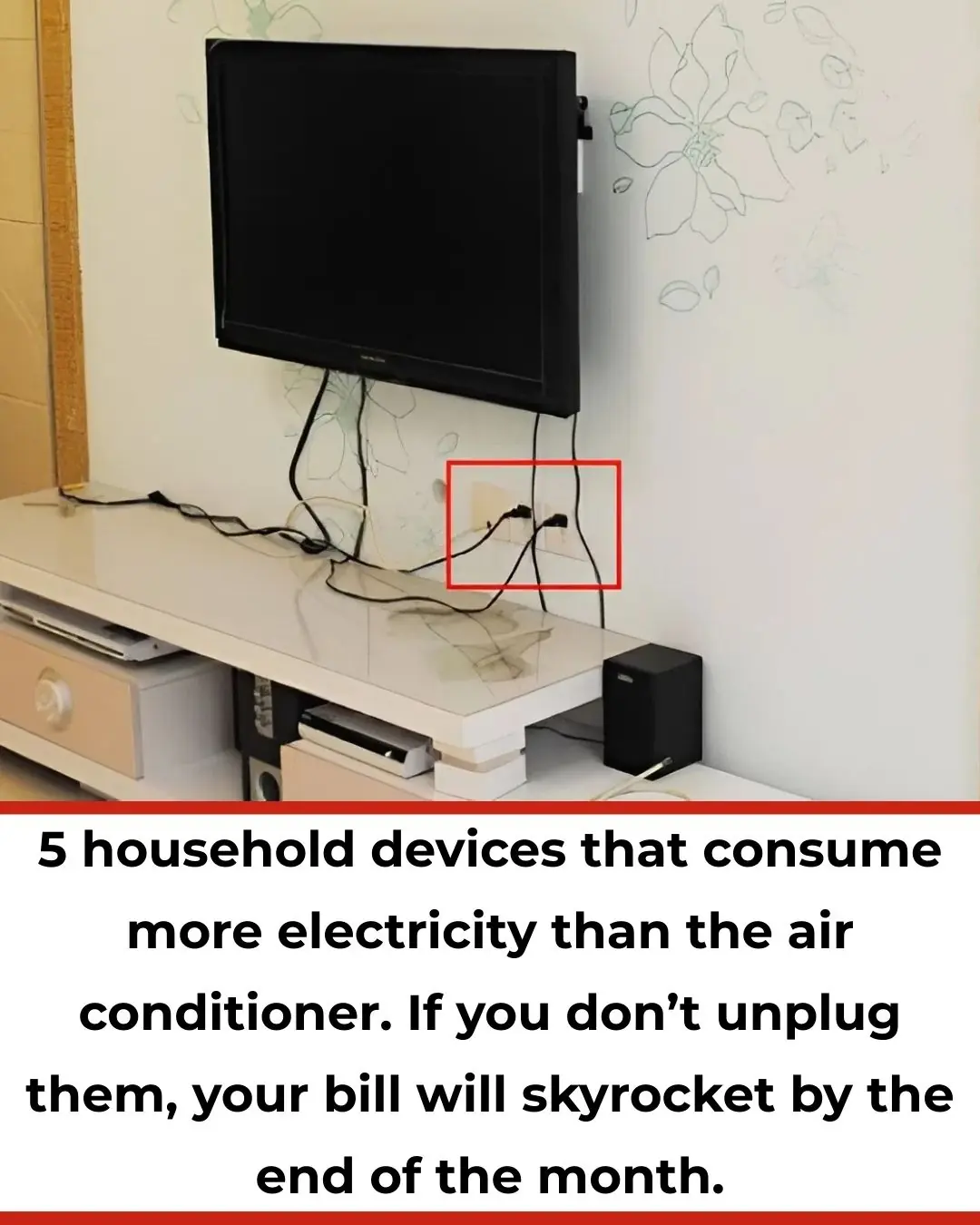
5 Household Devices That Consume More Electricity Than an Air Conditioner: Unplug Them to Avoid Skyrocketing Bills

How a Common Kitchen Powder Can Help Your Plants Thrive and Bloom

How to Effectively Clean Black Mold from Your Refrigerator Gasket in Just 5 Minutes

10 Early Warning Signs Your Blood Sugar Is Way Too High

If Your Legs Cramp at Night You Need to Know This Immediately

Warning Signs Your Body Is Full of Parasites and How to Effectively Eliminate Them Naturally

Warning Signs of a Parasite Infection And How to Eliminate It for Good

What Raw Garlic Can Do for Your Health Is Truly Unbelievable
